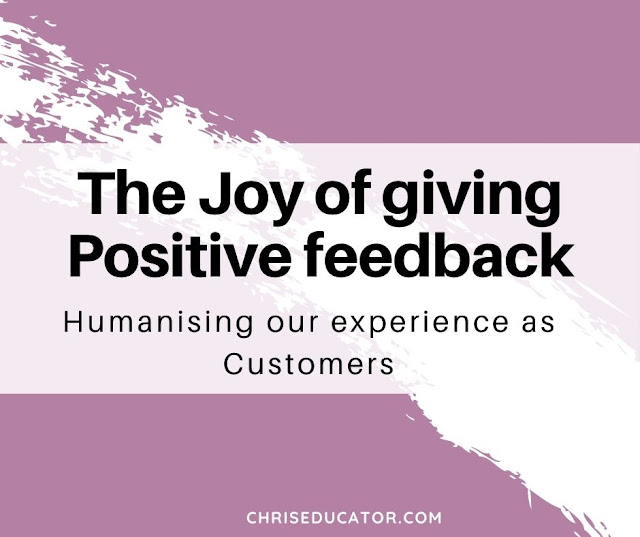
|
Personal Branding can be easy>Personal Branding more than a Buzz wordDo you remember your First Job interview? Remember your first Resume. How did it feel writing it? What did you put in your First Resume? It must have been quite a moment to scratch your head. For some of us, it must have been quite easy.When I look back I see it was the presence of soft and hard testimonials to show for. These testimonials in the form of Co-curricular and extracurricular achievements made its way into the Resume. It made some standout from the rest.The question is what is Personal Branding and how is it relevant to us. Most of us may be experienced professionals with a good amount of work or expertise to show for. Why do we need to brand ourselves?So let us delve into the Primary question, so let us try to understand Personal Branding. I would simply say Personal Branding is applying Branding concepts to oneself. But let us look at a more comprehensive explanation. According to
Personalbrand.com, Personal
Branding can be said to be "Personal branding is the conscious and
intentional effort to create and influence public perception of an
individual by positioning them as an authority in their industry,
elevating their credibility, and differentiating themselves from the
competition, to ultimately advance their career, increase their
circle of influence, and have a larger impact.".
So Personal Branding can be said to portray an authentic image of your personality, strengths and competencies in a way that shows how you are better than the competition.Impact on Work and LifeSo the next question is do we all want to brand ourselves, of course, it depends on the goals you are seeking. At the least one would want to be recognized for the good work and be rewarded for the good performance.If we misunderstand Branding to be an activity of Chest thumping we get branding wrong. We can be positioning ourselves as Personal brands for various reasons, but we must not reduce it to only what our perceptions say it is.It would be like thinking Sales is about Hoodwinking people...That would be outright blasphemous. So with Personal Branding, we must not think of it as portraying a false persona.It is not, though it can be twisted to be such.3C Model Of Personal Branding by David HagenbuchTo quickly start Branding yourself, I shall use the 3C Model of Personal Branding by David Hagenbuch.The Primary 'C' is Communication. The other two C's include Competency and Character. Competency refers to how you perform at work.It would be pointless just promoting yourself all over if you lack this and next is Character. Character, in essence, deals with your values and qualities as an Individual. Competency and Character are complemented with Communication.Simple Strategies to Get Started Quickly1. Start BloggingBlogging can be confused with article writing. We may think 'oh goodness, what a dim suggestion', But hear me out.Think of it like writing an Online Diary with details every one can read. A medium of self-expression, A safe space to discuss and share information.Yes, you could invite some Trolls. But the Pros outweigh the benefits. You could use FB comments for the comment section. I have been using it. It is really 👌.2. Start a YouTube ChannelYouTube channel is another great medium for sharing ideas. You just need a camera and good lighting. Throw in a good microphone with less noise around where you are recording, it would be a great start.The Best part of Vlogging is the benefit of repurposing content. The other benefit is that a good amount of people use YouTube as a source for Good information. To be entertained and learn something at the same time.It does not need to be an elaborate video. The idea is to share a small part of you...in terms of your reactions, your struggles, ideas, views etc. You could start by having a small script and just recording what you have to say with good lights and. a sound good microphone.3. Read a book or pick up a New SkillAnother part of Personal Branding as we have seen is Competency. I am sure a lot of us however professional we may be and well versed in our professions have something to learn.It's a simple suggestion Read. It could be a book, an article or a white paper. Learn something that adds to your competency.4. Create unique Content for Social MediaCreating content does not need to be only blogs or videos. One could start by engaging people with simple short posts on Facebook or Twitter.Just forwarding content with little reactions or comments, it could also be a short and sweet way to start out.5. Network with Like-minded PeopleThis is another benefit to the Internet and it can really help you build a Personal Brand. Building an Audience and getting to know people.This is where online groups and communities can be really powerful. Join a community online and engage with the content or activities in the group. Abide by the rules each community has. Try building genuine contacts.Promote yourself appropriately as long as it is not against Community rules. Facebook and Linkedin have interesting groups to join.ConclusionPersonal Brand is something that highlights the uniqueness in each one of us.As humans we have a lot of traits in common, to share a few, emotions like joy, struggles and talents.But in a competitive environment, we need to highlight the best we have.I would like to thank you for sharing your time. Do join the discussion on our FB Page.[full-width]
|
















